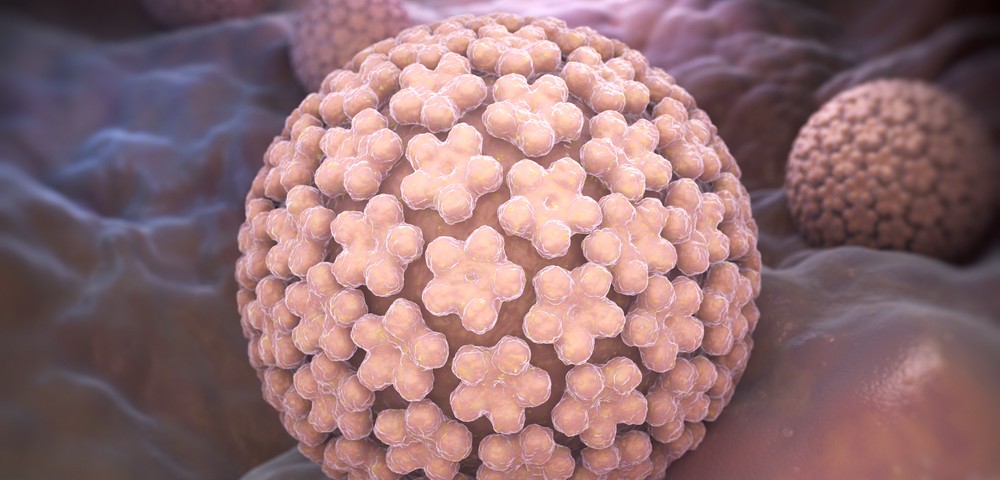Researchers have identified a type of cervical cancer that is triggered by human papillomavirus (HPV) but does not depend on it to grow. The finding could explain why some patients do not respond well to standard treatments.
The results were revealed in the study “Identification And Characterization Of HPV-Independent Cervical Cancers,” published in the journal Oncotarget.
“Cervical cancer patients are currently treated as a uniform group based on chemotherapy and radiation regimens that help the largest percentage of people; however, one third of these patients are not helped by standard therapies,” Carolyn Banister, the study’s lead author, said in a news release. “We have discovered the existence of a subgroup of cervical cancers with very different genetic features. These women may benefit from alternative treatments that are not usually given to cervical cancer patients.”
Previous studies showed that some head and neck cancers triggered by HPV could grow independent of the virus — suggesting that the same could happen among cervical cancer patients.
Researchers at the University of South Carolina analyzed data from 255 cervical cancer samples included in The Cancer Genome Atlas. They found that expression of two HPV genes believed to promote cancer growth was greater in some samples (dubbed HPV-active class) than in others (HPV-inactive class).
The finding confirmed that, in some cases, cervical cancer may develop after infection but independent of HPV.
The team also found that patients in the HPV-inactive class were diagnosed later (median age of 54 vs. 45) and had worse survival rates (715 days vs. 3,046) than those in the other class. The patients also had different gene expression profiles and tumor types (for example, adenocarcinomas were more common in this group).
The analysis indicated that 19 cancer-driver genes had significantly higher mutation rates in the HPV-inactive class than in the opposing class. Researchers believe the genes enhance cancer growth just as HPV’s cancer-promoting genes do in the HPV-active type.
“Physicians managing cervical cancer patients should test for HPV (cancer-promoting genes) expression in these tumors and consider personalized treatment depending on HPV activity,” Banister said. “HPV-active tumors have high expression of immunoregulatory genes and therefore may respond to immune checkpoint inhibitor therapy. In contrast, HPV-inactive tumors often have mutations in the PIK3CA/PTEN/AKT pathway (a pathway involved in cell survival), indicating that AKT kinase inhibitors may be an effective treatment options for these patients.”

